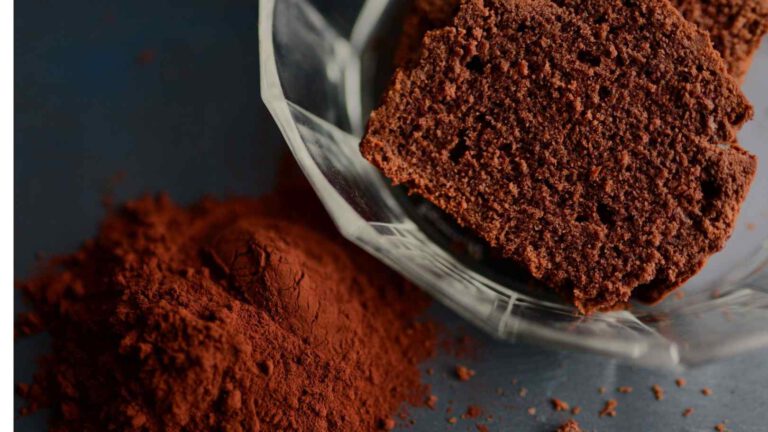What is carob and what properties does it have?
Contents:
Carob is a product derived from the pods of the carob tree (also called "locust bean"). Carob is valued for its health-promoting properties and is used as a substitute for cocoa in the diets of people who are allergic to this ingredient. Let's take a look at what other uses and properties this product has.
Properties of carob
The carob tree originates from the Middle East. It is mentioned in the Bible, where it describes the production of animal feed from the fruit of the carob tree. Today, carob grows wild in warm climates in the Mediterranean. It produces characteristic pods with edible pulp, called "carob." The carob tree, in other words "the bread of St. Jana," is available in powder form that resembles cocoa, and this is the form of carob we most commonly find in health food stores. It is a source of many valuable nutrients:
- Fiber,
- B vitamins: B1, B2, B3,
- Vitamins A , C, E,
- Minerals: Calcium, Phosphorus, Iron, Magnesium ,
- Antioxidant compounds: catechin, epicatechin, epigallocatechin, flavan-3-ols, gallic acid, gallate epigallocatechin.
Carob has a positive effect on our body, including:
- against diarrhea – carob fruits have antibacterial properties,
- against constipation – thanks to its high fiber content, it supports intestinal peristalsis,
- has an antioxidant effect and increases the amount of phenols in the body,
- Lowering cholesterol levels in the blood – this has a beneficial and protective effect on the heart and blood vessels;
- Reduction of the risk of anemia – thanks to the high iron content,
- Prevention of osteoporosis – thanks to the content of easily absorbable calcium, it helps with cold symptoms – cough or sore throat.
The use of carob in everyday cooking
Because carob is gluten-free and hypoallergenic, it can be safely consumed by allergy sufferers and those with gluten intolerance. It is also vegan. It comes in powder form and resembles cocoa in appearance and taste, but contains less fat and, unlike cocoa , contains no caffeine at all. Carob flour, also known as carob flour, is used by allergy sufferers as a cocoa substitute in both savory and sweet dishes, for example:
- sauces,
- baking bread,
- Fry pancakes,
- Baking cakes, muffins and pies (gives them a dark chocolate color)
- Desserts that do not require baking, such as tiramisu ,
- as a complement to icing or cake icing,
- Complement to cocktails,
- vegan chocolate production ,
- prepare “chocolate ice cream” based on it.
It is a source of vitamins, minerals, antioxidants, and anti-inflammatory compounds. It is recommended for anyone who must follow a strict, specific diet for ethical, health, or other reasons. Therefore, locust bean gum is well-suited for the following diets:
- Sportsman,
- People who are gluten intolerant
- Allergy sufferers,
- Vegetarian,
- Diabetic,
- who take care of their lines,
- struggling with intestinal diseases.
THE PUBLISHER'S CHOICE
Dried plums 1 kg BIOGO
- £6.08
- £6.08
- Unit price
- / per
Dried White Mulberries 500 g ORGANIC
- £5.06
- £5.06
- Unit price
- / per
Almonds 1 kg BIOGO
- £10.14
- £10.14
- Unit price
- / per
Cranberries sweetened with apple juice organic 1 kg BIOGO
- £14.20
- £14.20
- Unit price
- / per
Dried dates 1 kg BIOGO
- £3.65
- £3.65
- Unit price
- / per
Unpeeled buckwheat groats 1 kg BIOGO
- £2.44
- £2.44
- Unit price
- / per
Walnuts 800 g BIOGO
- £7.50
- £7.50
- Unit price
- / per
Peeled sunflower seeds 1 kg BIOGO
- £2.64
- £2.64
- Unit price
- / per
PULLED ORGANIC SUNFLOWER SEEDS 1 KG BIOGO
- £3.85
- £3.85
- Unit price
- / per












































































































































